What to Look for and What You Might Be Missing
When people hear the words human trafficking, they often picture strangers being snatched off the street, locked in dark rooms, or smuggled across borders. It’s a terrifying image — but it’s not the full story.
In reality, human trafficking doesn’t usually look like it does in the movies. It’s not always violent. It’s not always obvious. And it often doesn’t involve chains — it involves control.
A trafficking victim might be a teenager you pass in the hallway at school. A coworker who always seems withdrawn. Someone in your neighborhood. Someone who smiles on the outside but is silently being exploited behind the scenes.
Trafficking happens in quiet, everyday places — in homes, workplaces, online chats, and communities just like yours.
So Why Is It So Hard to Spot?
Because traffickers don’t always use force. More often, they use manipulation, fear, isolation, and emotional control. They groom their victims, build trust, and break it. Many victims don’t ask for help because they’re afraid, ashamed, or don’t even realize they’re being trafficked. Some have been made to believe that no one would help them — or that they deserve what’s happening.
That’s why it’s called “hidden in plain sight.”
And that’s why awareness matters.
General Warning Signs of Human Trafficking
These red flags may indicate someone is being trafficked — especially when several signs appear together:
- Appears fearful, anxious, depressed, paranoid, or submissive
- Avoids eye contact
- Doesn’t speak freely or is always accompanied by someone who controls the conversation
- Lacks control of their ID or documents
- Seems disoriented or unaware of their location
- Shows signs of poor health, abuse, or malnourishment
- Has a history of substance use or addiction
- Lives with their employer or in overcrowded conditions
- Receives little or no pay for their work
- Gives scripted or rehearsed answers to questions
- Is under 18 and involved in commercial sex
School-Specific Signs
Youth are especially vulnerable to trafficking. Educators, parents, and peers can help by watching for:
- Sudden changes in appearance, behavior, or social circle
- Unexplained expensive clothing, electronics, or possessions
- Frequent absences or tardiness, especially after weekends
- Falling asleep in class or showing signs of exhaustion
- Carrying multiple phones
- Picked up by different people after school
- Talking about traveling to other cities or towns
- References to sexual situations beyond age-appropriate norms
- A noticeably older “boyfriend” or “girlfriend”
- Vague or rehearsed explanations for where they’ve been
- Running away from home frequently
Signs That Someone May Be Targeted for Trafficking
Traffickers often groom their victims before exploitation begins. These early red flags are especially important to recognize in minors:
- An older person shows romantic interest
- The individual says all the right things to gain trust
- They try to isolate the youth from friends or family
- They want to meet in private or travel together
- They initiate sexual conversations or request explicit images
- They give expensive gifts or promise a glamorous lifestyle
- They talk about a job that pays a lot but won’t share any details
It Might Be Trafficking — Or Something Else
Many of these signs can also point to domestic violence, emotional abuse, family instability — or even a teen going through a tough time. Seeing one or two signs doesn’t necessarily mean someone is being trafficked.
Still, if something feels off, pay attention. You don’t need to jump to conclusions — but you can notice patterns, ask gentle questions, and reach out for guidance from professionals.
If you’re unsure what to do next, reach out to us for guidance. We’re here to help you process what you’re seeing, safely and confidentially — whether you’re concerned about someone else or need help yourself. And if texting feels easier, we’re available 24/7 — just text IOWAHELP to 20121.
Human Trafficking Thrives in Silence
Awareness opens the door to action. When we know what to look for, we’re more likely to recognize when something’s wrong — and more prepared to help.
📞 Need to talk? Have a concern?
Call Our Statewide Hotline: 1-800-770-1650
Text “IOWAHELP” to 20121
